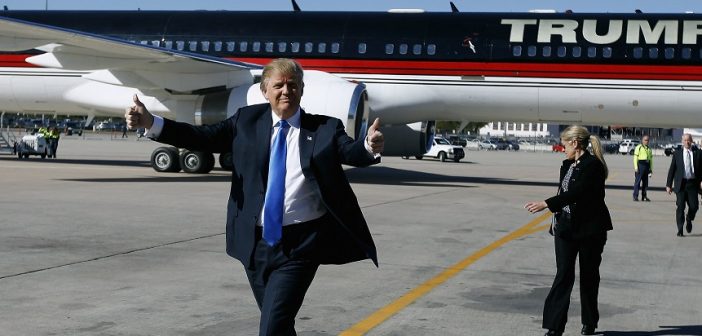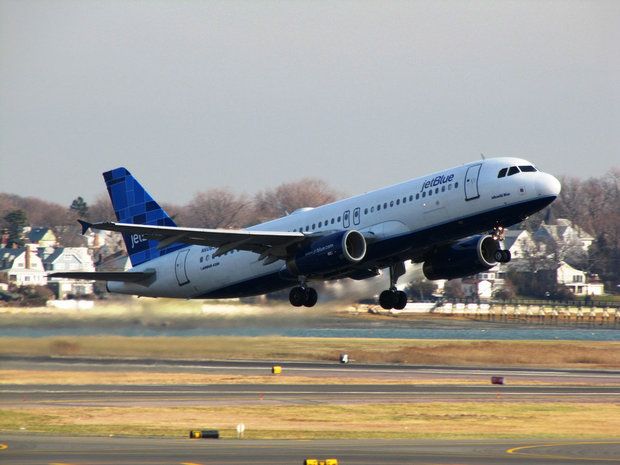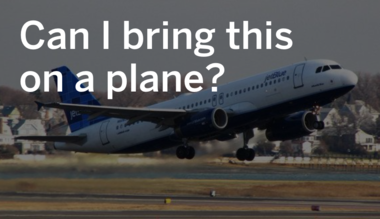CarolKing
Always in search of the perfect vaporizer

Trump’s TSA Officially Green-Lights Medical Marijuana
2
BY DUKE LONDON ON APRIL 5TH, 2017 AT 10:42 AM | UPDATED: APRIL 5TH, 2017 AT 11:58 AM MARIJUANA NEWS
UPDATE 2: The TSA has now updated their website once again, but is seemingly backtracking on the newly minted medical marijuana approvals they posted yesterday. The TSA site now reads that medical marijuana is prohibited in both carry-on and checked luggage.

UPDATE: After news started to spread that the TSA was going to allow medical marijuana to be carried on flights or stored in checked baggage, the agency removed the recently-added distinction from their site. A cached version of the site that was live from yesterday until a few moments ago can be found here. According to the TSA, a “mistake” was made.
President Trump’s administration has taken their first official stance on marijuana, and it has to do with travelling on airplanes.
While Trump is banning all sorts of electronics from flying into the United States, he does not appear to have an issue with American medical marijuana patients travelling within the United States with their medicine in tow.
According to Tom Angell of Marijuana Majority, the Transportation Security Administration (TSA) updated their website Tuesday, replacing the old “Prohibited Items” page with a brand new “What Can I Bring?” pagethat clearly approves medical marijuana for checked baggage or carry on. Medical marijuana previously carried a “Special Instructions” distinction on the TSA’s “Prohibited Items” page.

While we had received reports over the last year that certain individual airports were backing off previously strict cannabis regulations, this is the first official word from the governing body.
This mean that if you have a doctor’s recommendation for cannabis, it should be a breeze to bring aboard compared to bottled water, breast milk, and those explosive Samsung devices. Personally, I got pulled aside for an additional search at John Wayne Airport in December only to have a bottle of wine confiscated before I was on my way with all my medical marijuana. What a time to be alive.
There’s no word as of yet on whether recreational cannabis will get the same TSA treatment in states where its possession is legal, but it’s better to be safe than sorry when it comes to federal law enforcement at the airport — so have your rec.
Edit
What happens when you get to your destination and your medical card isn't honored for you to possess cannabis in that state? I want to travel to Hawaii with my medical bud.
Last edited:

